Togo
Lively exchanges between traditional chiefs in Lomé and MPs on Monday (April 8) marked the start of a tour of discussions across Togo aimed at explaining constitutional change in the country.
On March 25, members of parliament adopted a new constitution with a parliamentary system in place of a semi-presidential system. The move sparked public outcry and raised much concern in the west African nation that are now being addressed via consultations.
The consultations also come after authorities postponed the country's legislative elections, initially scheduled for 20 April. The elections had been due in December last year before being originally scheduled for 12 April and now being postponed until 20 April.
Authorities say the vote was postponed to allow MPs to take a second look at the new Constitution.
"This was an opportunity for us to explain the advantages and disadvantages of both systems. We pointed out the advantage of a parliamentary system. Power will no longer be concentrated in the hands of the President of the Republic" says Mémounatou Ibrahima, Vice-President of the National Assembly.
Ogbui Mawuto Frédéric Dzidzolé Dotu, one of the traditional chiefs welcomed the meeting. "We hope that this is a very good thing that we can try out" said Dotu. "The National Assembly must do its utmost to ensure that this revision does not damage the climate of peace that we have been experiencing for some time in our country" added the traditional chief who also headsthe Council of Traditional Chiefs of the Gulf.
As the MPs embark on their consultations, the Togolese opposition and civil society continue to register their displeasure, rejecting any idea of changing or modifying the Constitution.
_"We will accept neither today nor tomorrow. We will fight, because in the end, you can't play around with the destiny of a country." You can't have fun like that. The country is already on its knees, the country is badly governed" said _Dodji Apevon, President of FDR, one of the country's opposition parties.
On Thursday 4 April, several opposition parties and a civil society group in the country called for three days of demonstrations against the postponement of legislative and regional elections, in the wake of the arrest of nine opponents and against a backdrop of growing tension since the adoption of the new Constitution.
Four opposition parties (ADDI, ANC, FDR and PSR) and a civil society organisation (FCTD) "call on the people to join them in a major protest demonstration on 11, 12 and 13 April", in a statement published on Thursday, and "ask candidates to continue campaigning throughout the country".
Africanews correspondent Noël Tadégnon reports that the opposition political parties and civil society in Togo remain adamant on reaching no compromise about the constitutional review.
The proposed Constitution grants parliament the power to choose the president, doing away with direct elections. Instead of a renewable 5-year term, the proposed bill restricts the power of future presidents and introduces a one-term limit.
But the opposition fears the role could become another avenue for President Faure Gnassingbé to extend his grip on power especially after his current mandate expires in 2025.




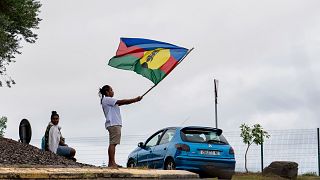
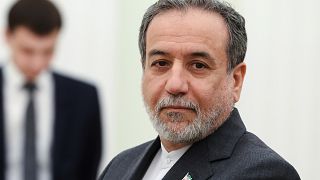

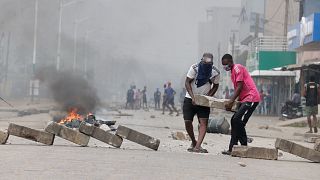
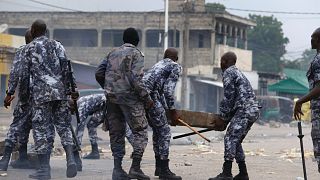
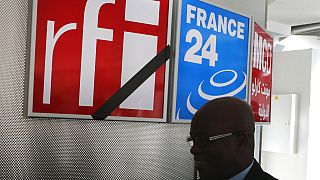

Go to video
Togo protest crackdown raises fears of worsening political crisis
Go to video
Tunisia sentences prominent opposition leader to 14 years in prison
01:01
Chad’s former Prime Minister appeals to Macron after two months in detention
01:09
Guinea presents draft for new constitution, referendum set for September
00:52
Nigeria’s Peter Obi to contest 2027 election, opposition coalition in jeopardy
00:29
At least 7 people killed during recent anti-government protests in Togo